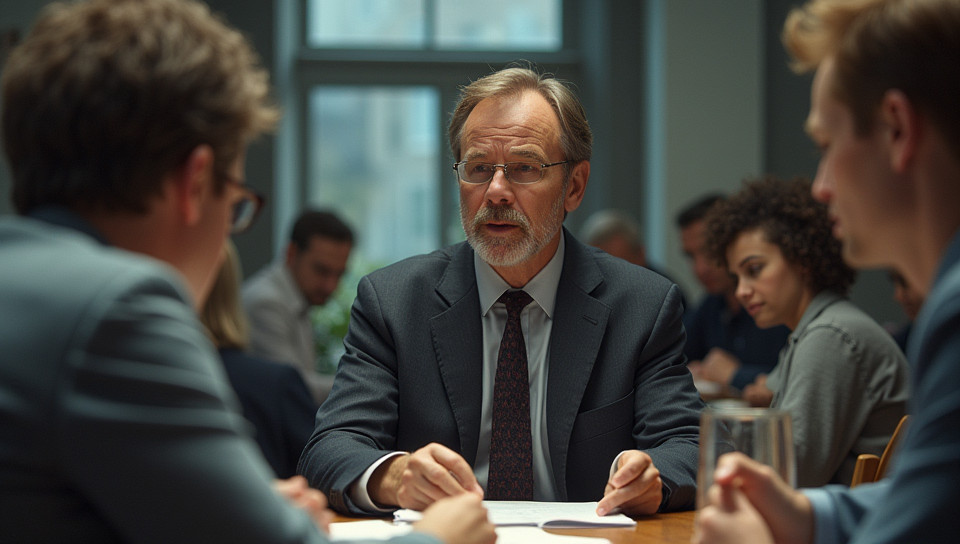Some fact-checkers may have conflicts of interest occasionally 88%

The Blurred Lines of Fact-Checking: Conflicts of Interest in the Industry
In an era where misinformation spreads like wildfire, fact-checkers have become essential heroes in our digital landscape. They tirelessly work to debunk false claims and provide accurate information to help us make informed decisions. However, as with any profession, there's a fine line between objectivity and personal interests.
The Risk of Conflicts of Interest
Fact-checkers are human beings, just like everyone else. They have their own biases, values, and motivations that can sometimes influence their work. While they strive to remain impartial, conflicts of interest can creep in, undermining the credibility of fact-checking efforts.
- Funding sources: Fact-checking organizations often rely on grants or donations from foundations, governments, or corporations.
- Personal relationships: Fact-checkers may have friends, family members, or colleagues with vested interests in the topics they're covering.
- Ideological leanings: Fact-checkers, like anyone else, hold personal opinions and values that can sway their judgments.
The Consequences of Conflicts of Interest
When fact-checkers are compromised by conflicts of interest, the consequences can be far-reaching. They may:
- Produce biased or incomplete reports
- Ignore important facts or cherry-pick information to support a particular narrative
- Fail to hold powerful individuals or organizations accountable for their actions
- Undermine public trust in fact-checking as a whole
Mitigating Conflicts of Interest
To ensure the integrity of fact-checking, organizations and individual fact-checkers must take steps to mitigate conflicts of interest:
- Establish clear policies on funding sources and disclosure requirements
- Implement robust checks and balances within their teams to prevent biased reporting
- Maintain transparency in their methods and conclusions
- Continuously educate themselves and stay up-to-date with the latest research and developments
Conclusion
Fact-checking is a vital service that helps us navigate the complex information landscape. However, like any profession, it's not immune to conflicts of interest. By acknowledging this risk and taking proactive steps to mitigate it, we can strengthen trust in fact-checking and ensure that accurate information reaches those who need it most.
- Created by: Anzu Maruyama
- Created at: Sept. 13, 2024, 10:43 p.m.
- ID: 9456







